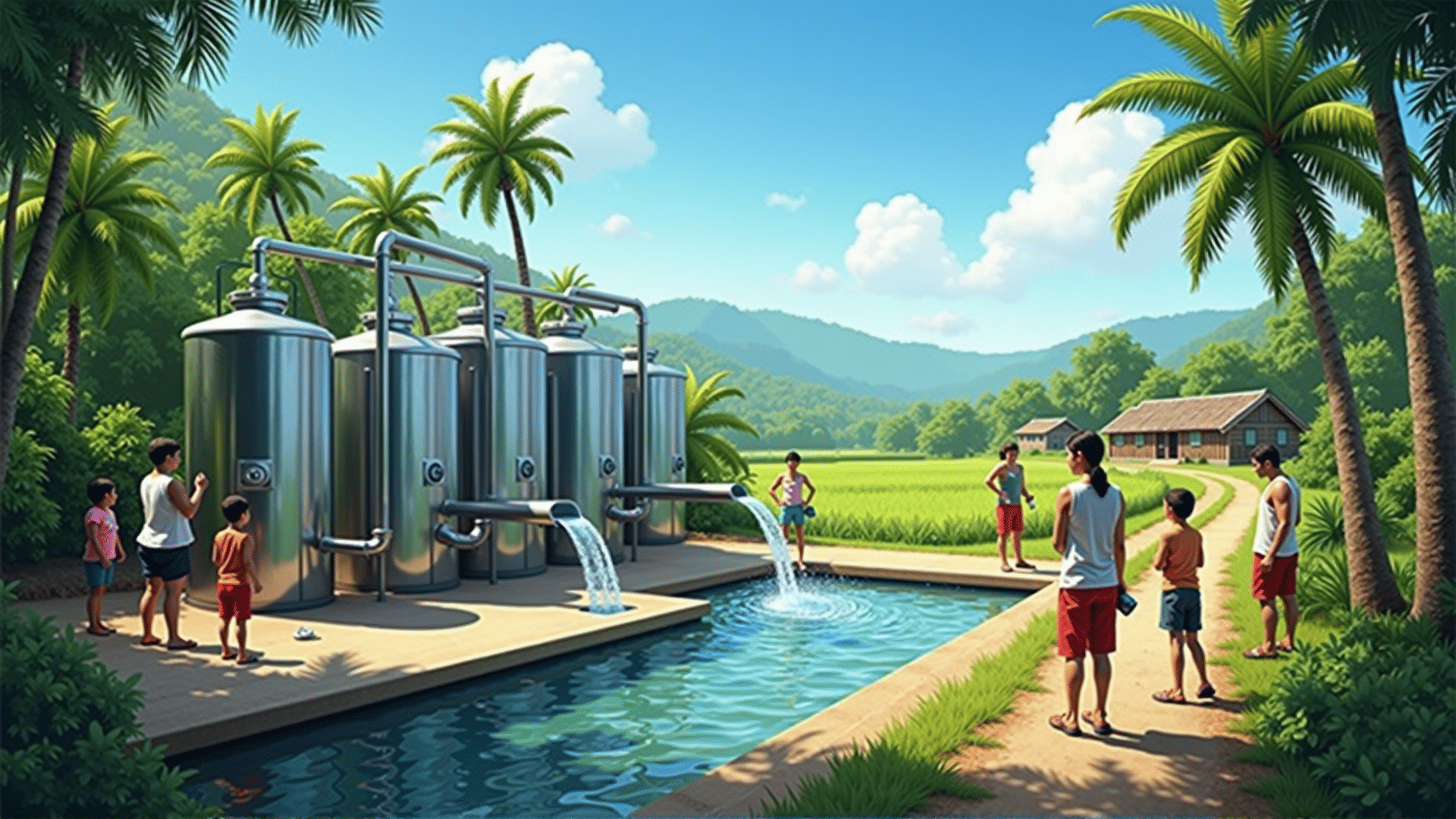In recent years, providing access to clean and safe water has become a top priority in improving public health throughout various communities in the Philippines. Access to clean water is not only a fundamental human need but also a crucial element in promoting health and hygiene. Unfortunately, many regions in the country still struggle with inadequate water quality and limited availability.
The implementation of water sanitation initiatives plays a significant role in addressing these challenges. These projects focus on constructing and rehabilitating water supply systems, installing advanced filtration technologies, and promoting sustainable water management practices. By doing so, they aim to drastically reduce the incidence of waterborne diseases, which are frequently exacerbated by inadequate access to clean water.
Education and community involvement also stand at the forefront of these efforts. Public health campaigns are rolled out to enlighten communities about safe hygiene practices, the importance of boiling or treating water before consumption, and maintaining sanitary living conditions. Empowering communities through education ensures that individuals understand the critical role they play in keeping their environment clean and safe.
Collaboration between the government, non-governmental organizations, and local stakeholders enhances the impact of these initiatives. A collaborative approach ensures that projects are tailored to the specific needs of each community and fosters a sense of ownership among residents. Constructing efficient and durable water systems is crucial, but maintaining them and ensuring their sustainability requires active community participation.
Furthermore, integrating innovative technologies, such as solar-powered water pumps and rainwater harvesting systems, aids in securing water resources even in remote and off-grid areas. These technologies are not only effective in providing immediate relief but also align with environmentally sustainable practices that can be maintained long-term.
In conclusion, improving access to clean and safe water is pivotal in enhancing public health across the Philippines. Through effective water sanitation projects, comprehensive educational programs, community involvement, and innovative solutions, strides can be made to ensure that everyone enjoys the fundamental right to clean water. Addressing this necessity contributes significantly to better health outcomes, enhancing the overall quality of life for countless individuals and fostering a healthier nation.
